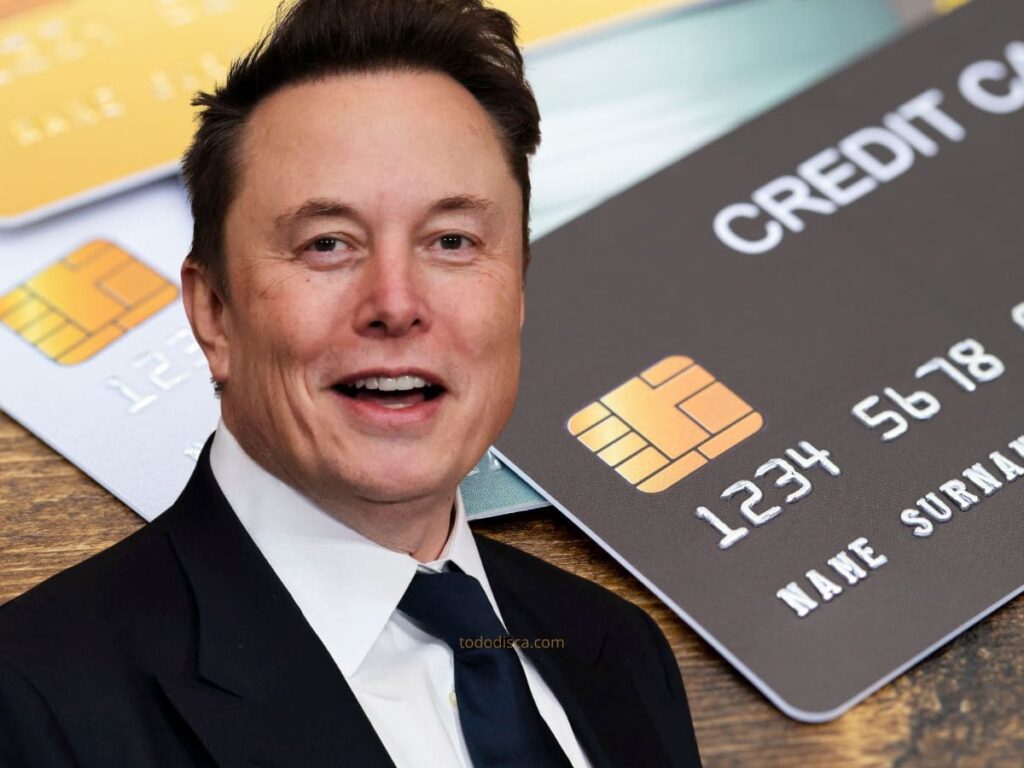In a bold and controversial decision, Elon Musk, through the Department of Government Efficiency (DOGE), has ordered the deactivation of 470,000 government-issued credit cards. This move, aimed at curbing fraud and reducing federal spending, marks the beginning of a sweeping reform that affects more than 30 federal agencies.
The measure is part of a wide-ranging audit designed to optimize the use of taxpayer dollars and eliminate wasteful spending. It targets accounts flagged for inactivity, redundancy, or suspicious use—highlighting long-standing inefficiencies in the management of federal credit lines. While the announcement has sparked concern among some federal employees, Musk and DOGE defend the move as necessary for the long-term fiscal health of the country.
Who Is Affected by the Federal Card Shutdown?
According to DOGE officials, the canceled credit cards fall into three main categories:
- Accounts that have not been used in recent months
- Cards issued to individuals or entities no longer involved in active government programs
- Accounts that showed duplicate or irregular activity during the audit
These accounts were part of a massive network of 4.6 million active federal credit cards, responsible for processing nearly $40 billion in transactions in fiscal year 2024. The goal is to remove inefficiencies and close loopholes that may have allowed misuse of government funds.
Musk Tightens Oversight After Alarming Fraud Discoveries
Musk’s decision follows the discovery of credit cards tied to deceased individuals or extremely elderly account holders, raising concerns about fraud and mismanagement. DOGE also implemented stricter age verification protocols for loans issued by the Small Business Administration (SBA) to prevent fraudulent applications by minors or artificially created identities.
In addition to the card cancellations, Musk has initiated controversial structural changes, such as the shutdown of the U.S. Agency for International Development (USAID), arguing that the agency fails to meet new efficiency standards. The broader reform plan includes eliminating outdated federal regulations and increasing scrutiny on the allocation of government credit resources.
While the sudden move has drawn criticism for its potential disruptions, it reflects Musk’s broader vision for streamlining the federal apparatus. As part of the ongoing reforms, DOGE has signaled that more accountability measures are on the way—with an eye toward building a leaner, more transparent government that prioritizes results over bureaucracy.
